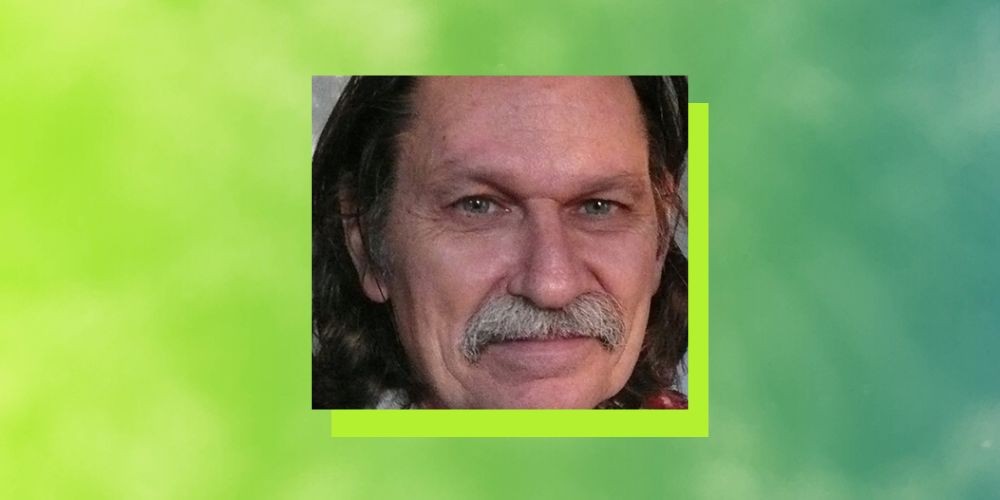Alumni Spotlight: Gregory Orr '72
The Alumni Spotlight is a place to hear from the School of the Arts alumni community about their journeys as artists and creators.
Gregory Orr '72 is the author of thirteen collections of poetry, the most recent being Selected Books of the Beloved (Copper Canyon, 2023). He is also the author of a memoir, The Blessing, which was chosen by Publishers Weekly as one of the fifty best nonfiction books of 2002. His autobiographical essay on his experiences as a volunteer in the Civil Rights Movement, “Return to Hayneville,” was reprinted in Best Essays of 2009, Best Creative Non-fiction 2009 and Pushcart Prizes.
In addition he is the author of Poetry as Survival (University of Georgia Press, 2002), a consideration of the survival function of the personal lyric for both writers and readers, and A Primer for Poets and Readers of Poetry (W W Norton, 2018).
He is a Professor Emeritus of English at the University of Virginia, where he taught since 1975 and was the founder and first director of its MFA Program in Writing. He lives with his wife, the painter Trisha Orr, in Charlottesville, Virginia.
Was there a specific faculty member or peer who especially inspired you while at the School of the Arts? If so, who and how?
I was at Columbia from 1969 through 1972, having interrupted my two-year program with a one year pause. I studied with two poets, Mark Strand and Stanley Kunitz, and each of them was crucial to my growth as a poet. To put it succinctly, Mark encouraged me to believe that a lyric poem could go deeper and “darker” than I had previously assumed or dared. (Darker, in fact, was the name of a collection of his own that Mark was completing at the time). Stanley Kunitz, in his teaching and his own work, showed me that it was possible to dramatize chaotic autobiographical material in poems without necessarily becoming entangled in narcissism or self-indulgent, private squirming on the page. At the time Stanley had just published a wonderful collection, The Testing Tree. Many of the poems in that collection dealt with traumatic childhood losses, and his credo for this project was “turning life into legend.” That motto and his example, both variously and kindly imparted, guided me toward the faith that lyric expression could be grounded in personal anguish and information and yet transcend those origins and transform itself into something urgent, engaging, and accessible to other selves (readers).
What were the most pressing social/political issues on the minds of the students when you were here?
In the spring of 1970, that episode of the Vietnam War known as the Cambodian incursion took place, and shortly thereafter the shootings at Kent State University in which four people were killed and nine wounded. The School of the Arts went on strike; we had meetings and issued statements and manifestos (I wrote one and gave out copies at the cash register of the bookstore across the street where I worked (the old Paperback Forum). My political activism had been mostly dormant since I’d worked for the civil rights movement in the Deep South in 1965, but this kicked it back in for me as for so many others. There had, of course, been the famous Columbia student strike of 1968, but that was before I got there. Many things could be said of that strike and what role the School of the Arts students played in it—one could rightly consider it a blip of urgency disrupting the presiding complacency of all and sundry, or you could find much to respect in it. Either way, there it was—happening and happening with great intensity and you had to be there to have any sense of it.
